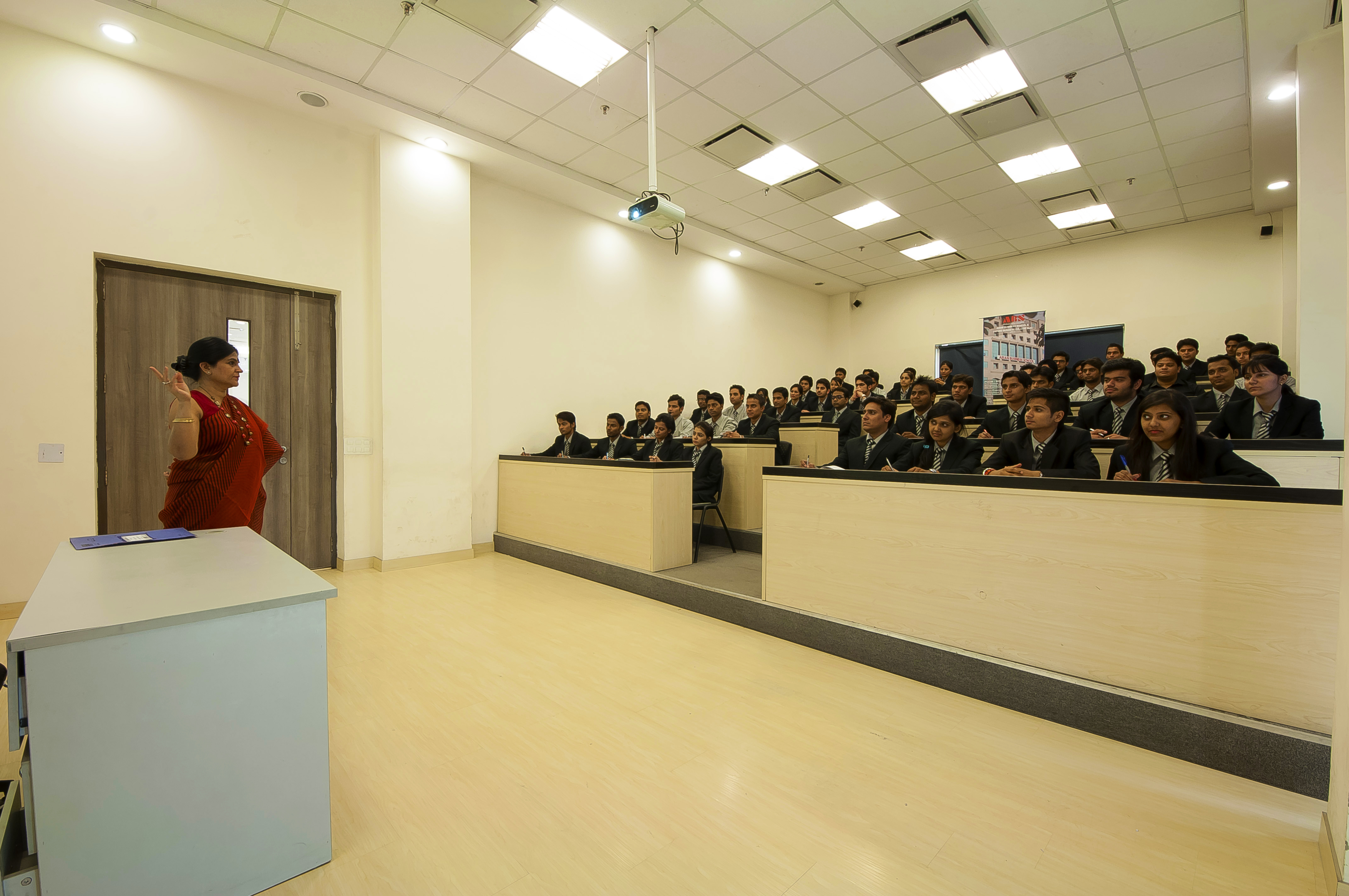Are you planning to pursue Post Graduate Program in Management in session starting 2019? At the first instance, few things that would be striking your mind would be like, what will you be taught during the tenure of course, or for that matter, how will you learn different aspects of realistic business world, or, is the classroom experience going to be adequate to match with the dynamic expectations of organisations?
Addressing all these questions, a Post Graduate Diploma in Management, or PGDM is a postgraduate programme that provides advanced knowledge related to management. Curriculum for PGDM varies widely and it includes understanding of economic principles, accounting, mathematical approach of problem-solving, marketing principles, information technology practices, business laws and behavioral aspects of the individual, group and community, to name a few.
When it comes to the ways and methods of teaching, one must be vigilant as this will improvise your skills in terms of applying the taught concepts into the realm of life. Whereas the course content followed in different institutes would be more or less similar, it is the pedagogy that acts as a differentiating factor. In other words, it is one of the major reasons to distinct one B-School from the other. On the same regime, Asian Business School, Noida being one of the best management schools in India is able to transform its students into intellectual professionals through its unique pedagogy, within and outside classroom.
Within Classrooms
- Multi-disciplinary programs and projects, student centered pedagogy.
Originally the programme offers in-depth theoretical classes and in addition, you can also choose from a wide range of interesting electives in the second year of your studies. Within the curriculum, you will even learn a second language, which may be an exit requirement of the programme.
You also shall be subjected to practical experiences of Business Analytics & Digital Marketing and the same certification courses are administered by NIIT.
- Use of Multimedia (power point presentation, audio, visuals)
You must have seen use of many audio-video arrangements in the modern classrooms. But, using technology in any lesson is not an easy process; it takes time and careful thought – in other words, ‘good enough’ can’t work. So, the classrooms are not only equipped with AV aids but, the use of such technology has been perfectly blended into the course curriculum.
- Learning through Case Studies, Games, Simulations, Group Activities, Role Play.
Educational games are prominent ingredients of engaging human mindset for learning. It is one of the most significant methods to augment your learning process. Through case analysis, role plays and simulations, you are virtually exposed to the real life problem-sets. Such activities shall not only help you to understand the concept better, but it arms you the art of dealing with problems.
- Z to A approach, mentoring & coaching
It is a common practice to teaching that firstly it is taught and then it is applied. But, at ABS, the case is a bit different as we believe that everyone is unique and best in his own forte. The mentors here, identify those particular individual skills, polish the same and make it to shine at its best.
Beyond Classrooms
- Industrial Interface
While you work in companies, because of several pressures looming all around yourself, you may find it difficult to make decisions. Thus, so as to give you a hands-on experience with the internal functioning of a typical organization, ABS has incorporated various industrial exposures like summer internships, industrial visits, live projects and research based projects into its curriculum.
- Learning exchange program
The experiment in international living is the foundation for world learning. To be globally competent, students do need traits like intercultural literacy, critical thinking, digital literacy, and cooperation. Taking its lead, ABS takes all the PGDM students to Oxford Business School, Oxford, UK for one week on a study trip. The students spend time at Oxford Business College to work on projects provided to them wherein they come across various aspects of International business.
- Development Programs and Special workshops
A global course kicks off by helping management professionals see that “our world is diverse and beautiful, and we can learn about it in different ways, like, interviewing, listening, describing and practicing. Here, students immerse themselves in themes of industrialization. This might end up with capstone research project and in quite a few cases, even a new startup.
ABS hopes that this global curriculum will equip future managers and administrators with the intellect resources they need to furnish in the 21st-century modern organizations and also to challenge others to consider competition.


